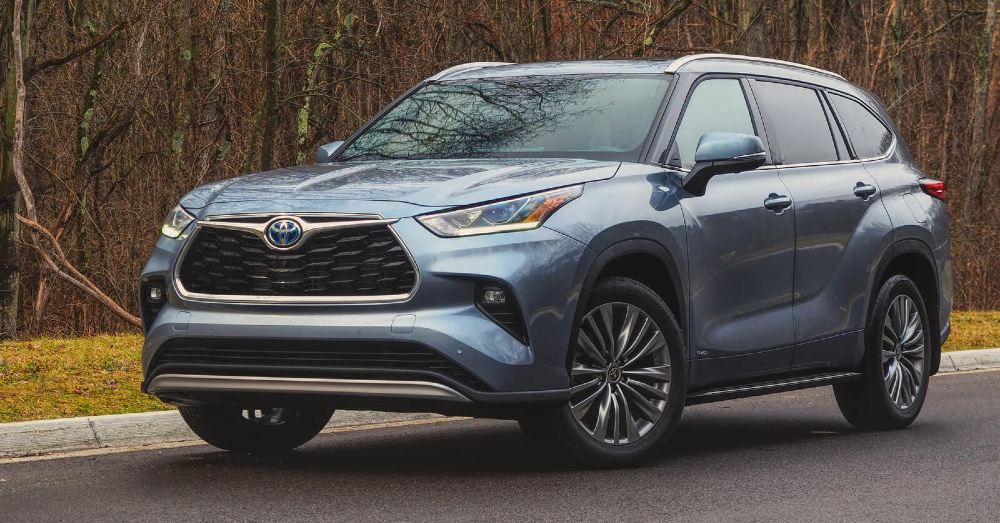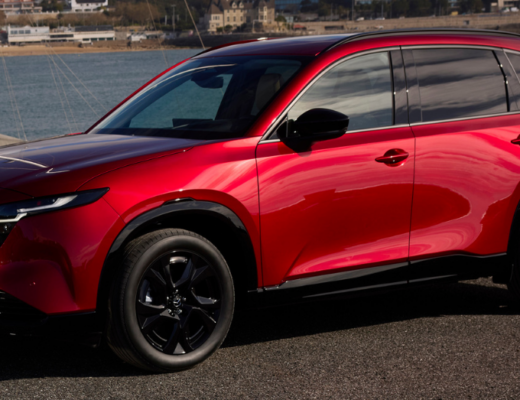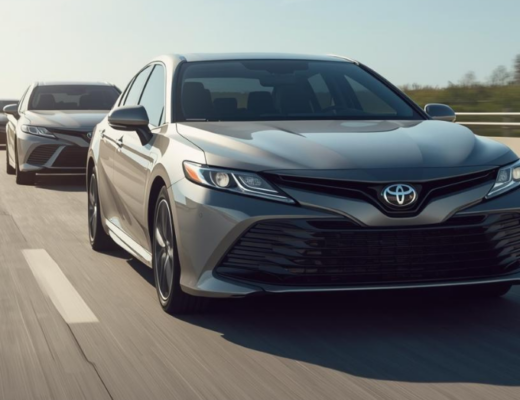Hybrid vehicles are on the rise, and two brands are poised to capitalize on this movement. Toyota and Honda could quickly grab a larger piece of the market.
Some automakers skipped hybrid vehicles and went directly to fully electric vehicles. Toyota and Honda are not among these names. In fact, Toyota has been one of the slowest to adopt EVs, and Honda doesn’t have its own EV tech yet, but it utilizes GM’s Ultium battery technology. That said, these two brands are leaders in the hybrid market, with more hybrid options than nearly every other brand in the automotive world.
EV sales are slowing down
It might have been foolish for automakers to bank on a continued meteoric rise of EV sales. That said, the federal government’s push to at least 50% EVs by the end of the decade signaled strong confidence in electric vehicles. It seems only logical that adding more electric models to the market would help drivers transition from gas-powered models to EVs. Unfortunately, automakers didn’t anticipate EV sales slowing to the point that many automakers are now slowing their production of these all-electric vehicles.
What’s the answer?
Instead of expecting drivers to immediately move from traditional gas-powered vehicles to EVs, automakers should focus on the steps they missed. Hybrid vehicles make sense for many reasons. Some of these are:
- They are more environmentally friendly than gas-powered cars
- Gas and maintenance costs are less
- They are quiet
These are only a few of the benefits that hybrids offer. Thankfully, two brands offer more hybrid options than any other, making it easier for you to have the drive you want. A hybrid model from Toyota and Honda makes it easy to enjoy reliability, longevity, and efficiency during your time on the road.
How have hybrids grown?
Because Toyota committed to hybrids early and then added these gas-electric models across most of the lineup, we’re accustomed to hybrid offerings from this brand. In fact, Toyota has four hybrid models among the Consumer Reports’ list of top ten vehicles for 2024. Two other hybrids make this list, making it a majority for the hybrids.
Instead of waiting for other brands to wake up and embrace the need for more hybrids in the market, two brands already offer more of them than any other brands. Turn to Toyota or Honda for their selection of hybrid vehicles.
More choices than ever
Think back at least ten years and name the hybrids offered. For the most part, you had the Prius and a few small hatchbacks. Every hybrid was focused strictly on greater fuel efficiency, but we’ve learned that hybrid models can also be capable. This has led to a larger selection of hybrid and PHEV models in the market today. Some PHEVs now offer a much greater EV driving range to make it easy to handle your commute or a few errands before the gas engine is used.
Why should drivers choose hybrid vehicles over EVs?
You can find more hybrid vehicles than what Toyota and Honda offer, but you might wonder why consumers should move from traditional vehicles to these hybrid models. One of the benefits not listed above is the driving capability of a hybrid versus an EV. Electric vehicles have limited driving ranges and require much longer charging times than the time it takes to refill a tank of gas. Toss in the added efficiency of hybrid vehicles, and you’ve got a longer driving range than gas-powered counterparts and much greater driving distances than EVs.
How are Honda and Toyota faring in the hybrid world?
Last year, hybrid and EV sales crossed the 1 million mark for the first time in history. Hybrids rose 65% compared to the previous year, and EV sales rose 46%. The first quarter of 2024 saw Toyota’s sales increase 21.3%, but the Hybrid Camry rose 142.7% compared to 18.6% for the rest of the Camry models. This shows a strong push toward hybrid Toyota models.
Honda had the strongest first quarter in three years with a sales increase of 20.7%. Although Honda doesn’t break things down as well as Toyota, electrified Honda models, which includes hybrids and EVs, increased more than 25% compared to the same quarter last year.
The increased growth and popularity of hybrid vehicles could be a huge push for Toyota and Honda. These two brands already have strong commitments to hybrid models, which should continue. Will other automakers jump on the bandwagon and commit to more hybrids and PHEVs in the future? As the market shifts, it’s likely they will.
This post may contain affiliate links. Meaning a commission is given should you decide to make a purchase through these links, at no cost to you. All products shown are researched and tested to give an accurate review for you.




